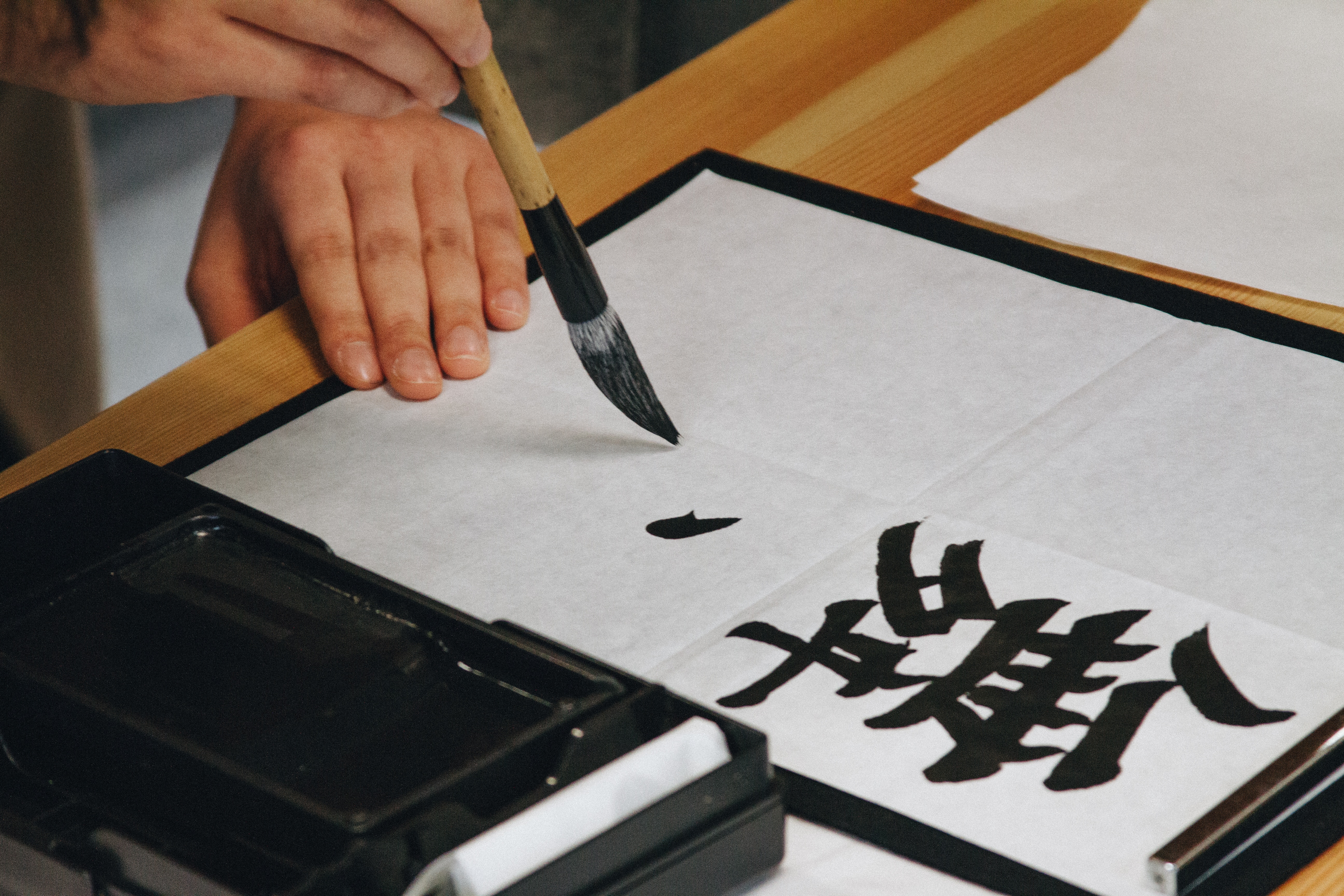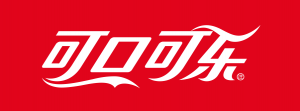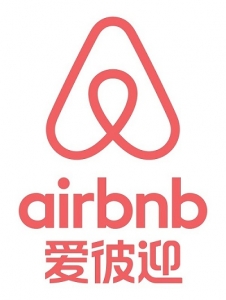
My name is…
Often disregarded, the choice of a Chinese name is however essential for a brand reputation. Why changing the name, why not using an anglicized designation? Simply because mandarin has different sounds and … no alphabet! The reading of an English term can therefore be hazardous, or worse, beyond understanding. To facilitate the implementation of a digital strategy on Chinese social media, it is important to adopt a name specific to the market (rebranding) that will be used on all the information medium of the brand.
The use of a Chinese name will strengthen the connection with Chinese consumers, who will not only pronounce it well, but will also be able to understand the brand values through its meaning. For this to be possible, the adaptation has to be based on sounds and semantics. As a matter of fact, mandarin is rich in meanings and homophones. The thinking process must be serious, to create a name able to translate as well as possible the intrinsic nature of the brand.
The good students
Some brands managed to mix the oral and semantics translation. This is the case for Nike, that is translated as naike耐克, which means “conquer the endurance”. Also, Coca-Cola chose four Chinese characters, kekoukele可口可乐, meaning “that makes the mouth happy”. Those names perfectly express the identity of the brands. On one hand, Nike communicates about surpassing oneself, persistence and effort, the values that contribute to its recognition in the world; on the other hand, Coca-Cola embodies joy, a feeling included in the Chinese translation. Besides, this name is seen as the one that make it possible for the brand to fit in the Chinese market and to shake up the consumption habits of a population of tea drinkers .

Another successful adaptation is the one of Cache-Cache, a French women clothing and prêt-à-porter brand. The name chosen is kaixi kaiqi凯西凯琪. It is a reference to the practice of shopping between friends, very popular in China. In China since 2005 with more than 1 000 stores, Cache-Cache wants to boost its image towards Chinese clients, and therefore announced its new name March 8th, on the International Women’s Day.
A tricky art
Despite their efforts, some brands’ name are rejected by the consumers. This is the case of Airbnb. In March 2017, the renting accommodation company announced with style its Chinese name: Aibiying爱彼迎, “to host with love”. For a Westerner who doesn’t speak mandarin, this name embodies the brand image.

However, Chinese internet users have expressed their discontent on the Airbnb Weibo (micro-blogging site, often seen as a Chinese version of Twitter). Indeed, the sound and pronunciation of bi followed by ying is not nice and not easy for a Chinese speaker. Because of this difficulty to pronounce it correctly, the signification can be change to “love Bing”. Moreover, bi is the homophone of a nasty word.
Choosing a Chinese name is essential but it could be difficult to find one that can conquer the heart of Chinese consumers. The process must take into account the oral and semantics aspects, and integrate the linguistic richness of mandarin language. Names must not be old-fashioned, therefore cultural knowledge and an understanding of the trends are important to convey the brand’s values. An essential step to avoid being teased and insure a soft landing in the country!
For more information, do not hesitate to contact us at info@shuo-digital.com